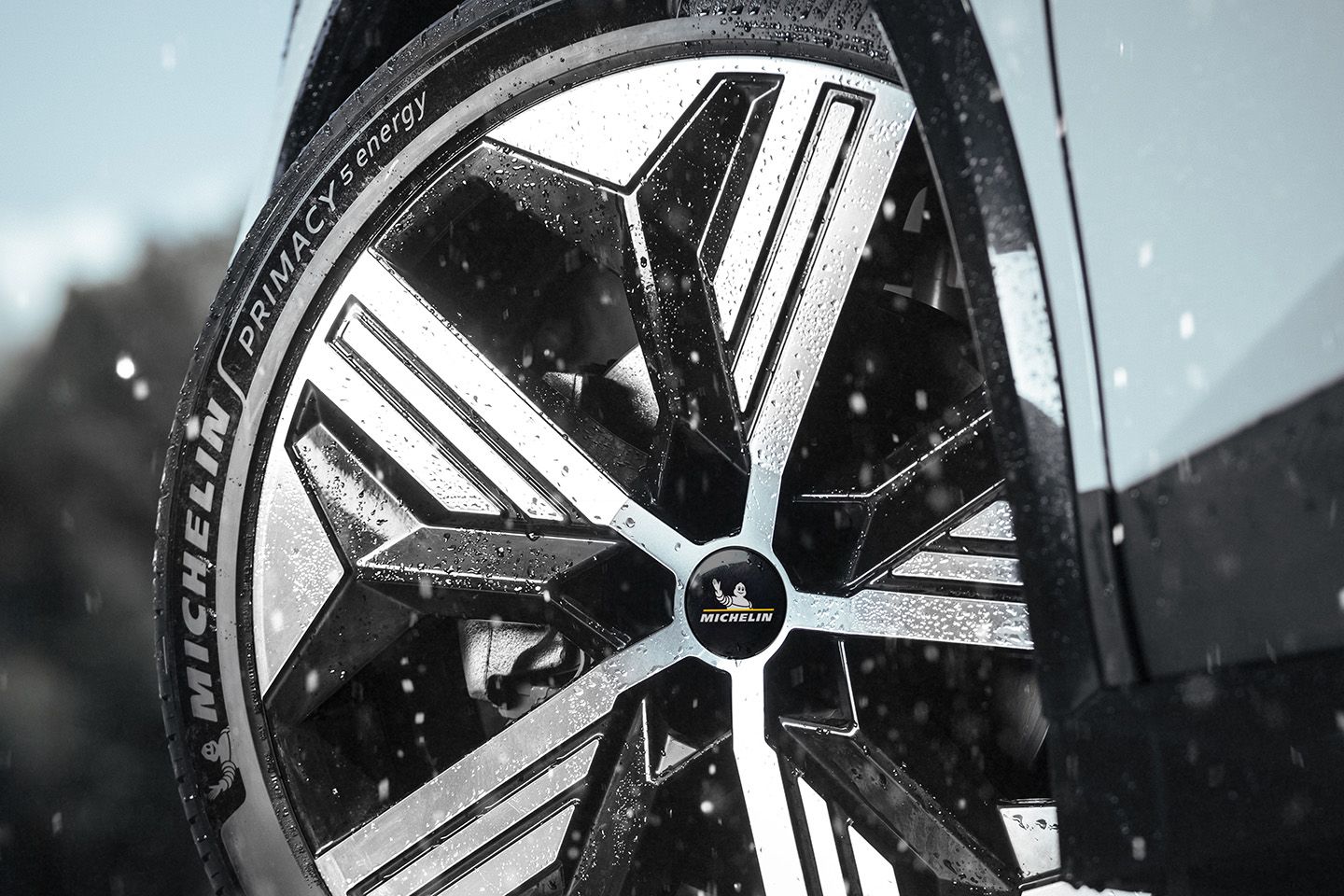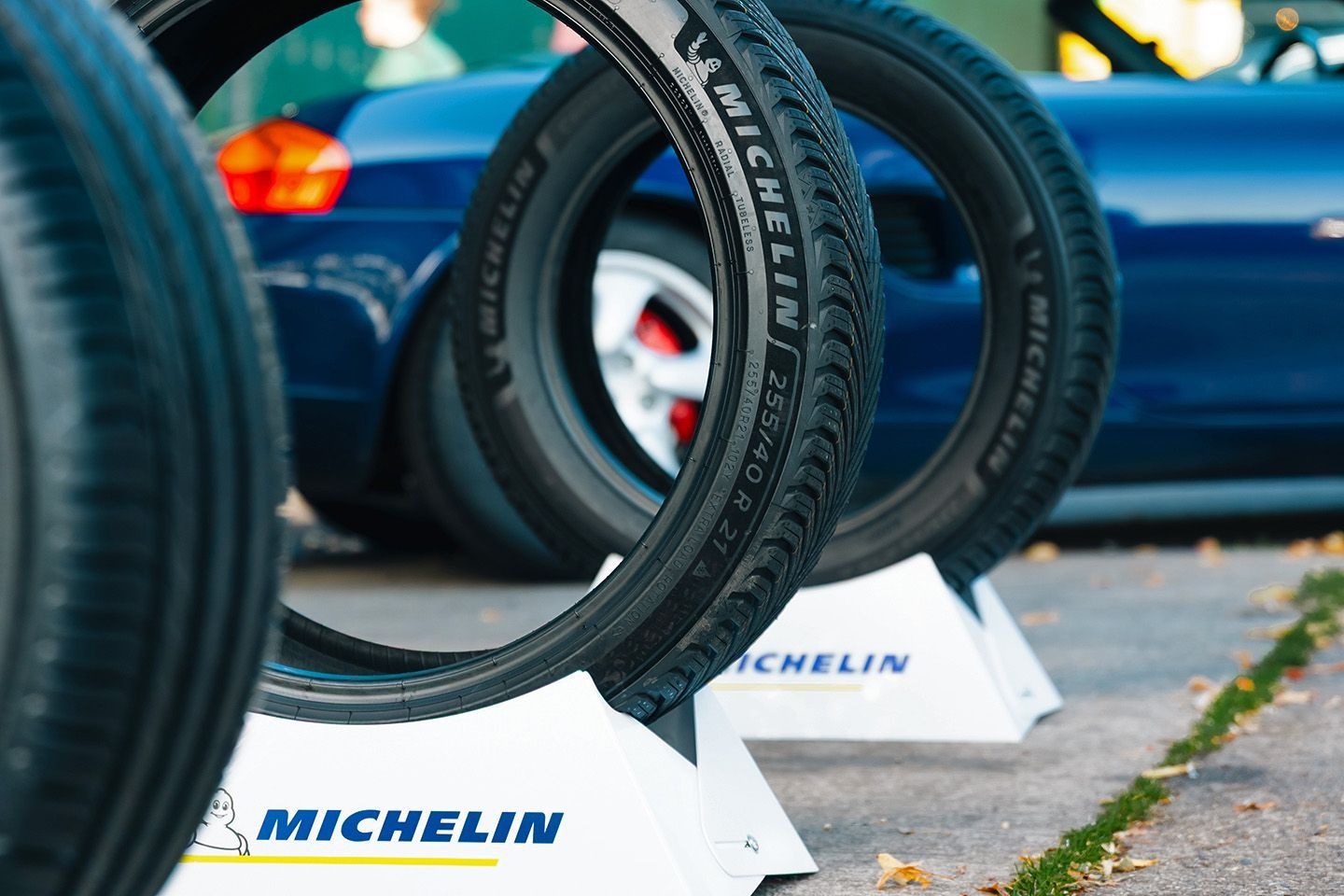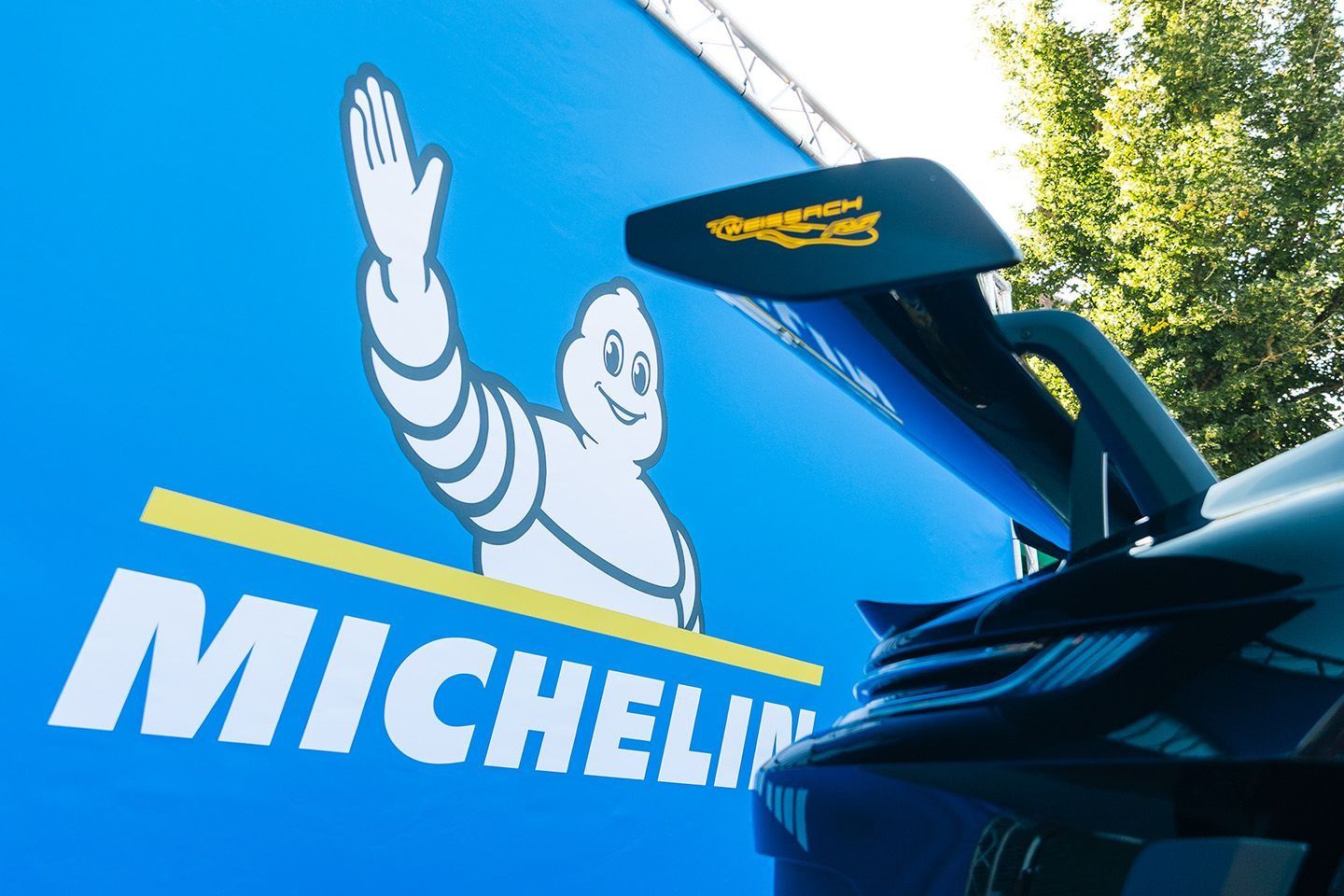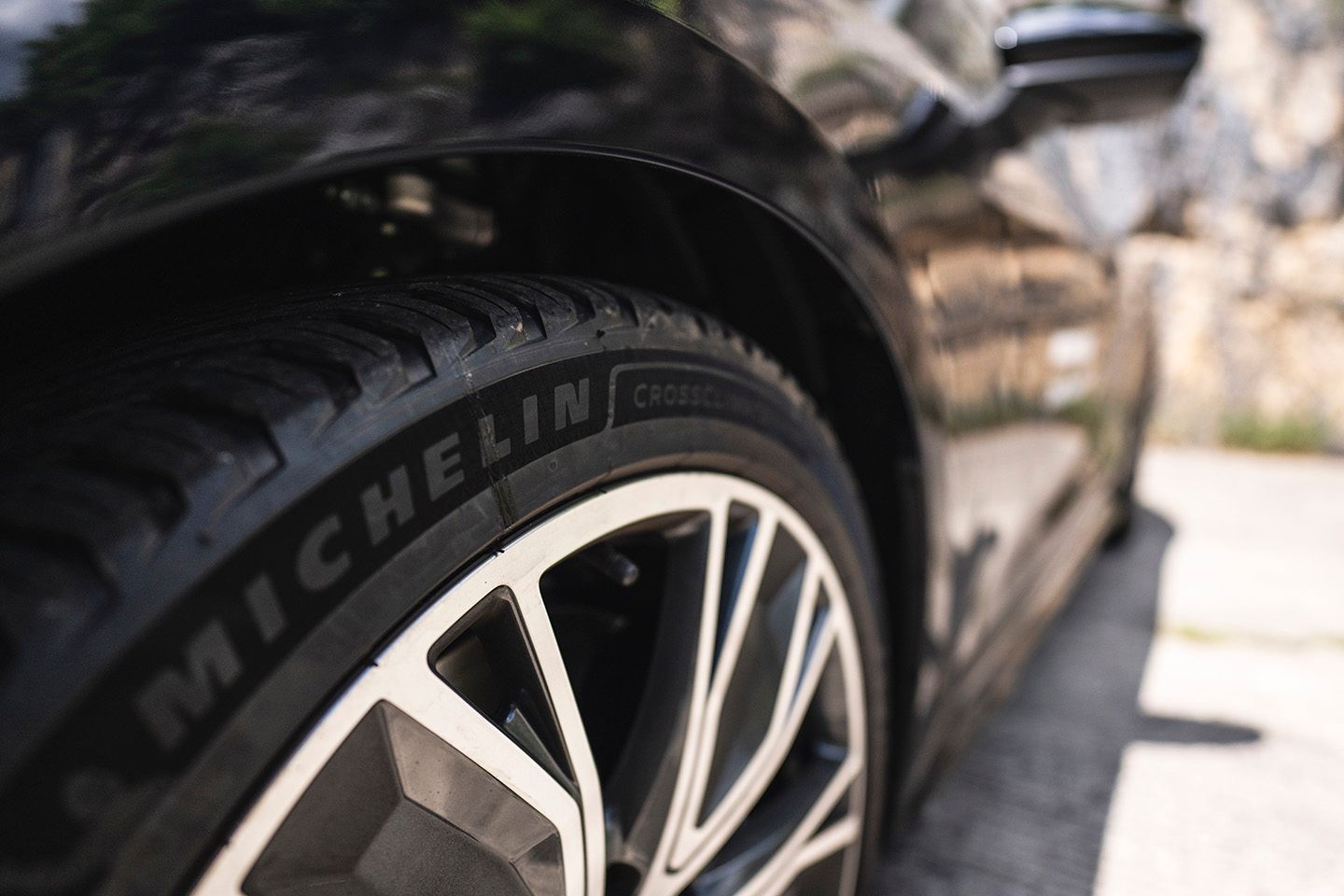EV tyres for your EV or not? | PH Explains
Do you really need to fit EV-specific tyres? Michelin gives us the low down | Promoted

As a PH reader, it feels fair to assume you don’t throw on the cheapest tyres when it comes to renewal time. Slicker rubber for a sports car and something more knobbly for genuine off-roading makes sense, too. But what advantages do EV-specialist tyres yield for a plug-in car? Crucially, are there genuine benefits to be enjoyed?
“Which tyre you choose has a direct impact on the performance, safety and comfort of your car,” says Michelin. “With an EV, your tyres will influence every aspect of its performance – from its range and efficiency to safety, comfort and durability.”
Anyone who’s driven a fully electric car – or been subjected to the brutal acceleration of one via a mischievous friend – will know EV power is typically delivered with much less linearity than a traditional petrol performance car. An instantly deployed, often dizzying level of torque is quite the thing to experience from a front-row seat. And something else entirely for the rubber beneath to manage, especially over many thousands of miles.

“Electric cars can be tougher on tyres because of their increased weight and instant torque,” Michelin continues. “EVs are therefore best suited to tyres that are designed to counteract these differing dynamics.” The Michelin e-Primacy tyre is amongst a host of EV-suitable products on the market that has been engineered for longevity and continued performance despite these lofty challenges. It promises to maintain strong wet braking performance even after extensive use.
Another issue is refinement. With the dimmed sound of an electric powertrain, road noise is often more prevalent in EVs and tyre roar more likely to bluster into the cabin. It’s another area Michelin has worked hard on. Its CrossClimate 3 range features Acoustic Tuning Technology, which reduces interior noise by around 20 per cent. A custom-designed foam solution muffles resonance across varying road conditions while its tread pattern works hard to turn the volume down on tyre noise. Michelin utilises Piano Noise Reduction, a simulation tool which allows it to study the correct arrangement of the tyre tread pattern to limit disruption inside the cabin.
Efficiency might be front of mind for most EV users at the moment, however. Eking out as many miles as possible between charges can understandably oust outright performance and ultimate cabin hush when it comes to buying decisions.

“Key features that enhance electric range include aerodynamic tread design, shaped to reduce drag and turbulence, and low rolling resistance created through advanced compounds and Michelin-developed reinforced structures in the sidewall,” the tyre maker tells us. Its e-Primacy can boost EV range by around seven per cent, while its Pilot Sport EV adds approximately 37 miles of range.
Then there’s the environmental concern beyond your mere fuel source. What effect do tyres have on local pollution levels? “Tyre particle emissions due to abrasion are a big environmental concern, especially for heavy EVs,” Michelin acknowledges. “Because EVs add more pressure on tyres, they can potentially generate more rubber particles as the tyres wear. This can be tackled through long-lasting compounds and abrasion-resistant designs.”
An independent ADAC study has shown Michelin tyres to produce 26 per cent fewer particle emissions than other premium competitors; it’s been the leader in the reduction of environmental impact from tyre abrasion for two years running.

While Michelin engineers all its tyres to answer the common issues EV drivers face –maximising range, slowing tyre wear, and muting cabin noise – drivers are ultimately best served by premium tyres that have been developed with an electrified powertrain in mind. That is why all Michelin tyres are engineered to be suitable for electric vehicles.
“Fitting the correct tyres can significantly impact your driving experience. A well-matched tyre improves range and handling, maintains cabin comfort and preserves longevity. Overall, it delivers a smoother, more predictable and more efficient driving experience to really help drivers get the most out of their electric car.”
-> Polestar 2 with 460bhp & 700Nm of torque : over 26k miles
-> BMW iX : 340bhp & 630Nm of torque and 2.5 tons, tyres going well so far at 22k miles
The tyres of my Golf R lasted less than 20k miles and about 25k miles on my BMW 520d Touring.
Would consider fitting Crossclimates to it when these need replacing, which is the other tyre Polestar offer as standard fitment.
I would want:
Appropriate load rating as with any tyre (because EVs can be heavy)
A-rated rolling resistance (because range is important)
Low noise rating (because EVs are quiet and noise sources other than an engine become more prominent and noticeable)
As best we can tell there's no difference in ride, noise (the Nexens have foam pads in them) or efficiency. Going to leave the CC's on now, it was a faff getting them changed and nerve wracking in case the daimond cut wheels got damaged. Seems even at 6mm the Nexens have no value though - seems a shame to just chuck them away.
The 2017 Hyundai Ioniq I bought had 2 good Michelin Primacy 4's on the back, a crumbling 2016 vintage Michelin (Greenergy?) and a non european on the front so, 2 new tyres were a 'no brainer'.
Searching for new tyres I found out that tyre puncture sealing repair kits often don't work on EV tyres fitted with noise reducing foam.
Not wanting to risk being stranded I went with a new pair of Michelin Primacy 5 - as recommended 'suitable' for my car by Michelin (and saved quite a few £'s over an EV specific tyre).
Gassing Station | Suspension, Brakes & Tyres | Top of Page | What's New | My Stuff




